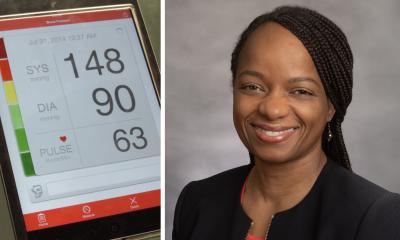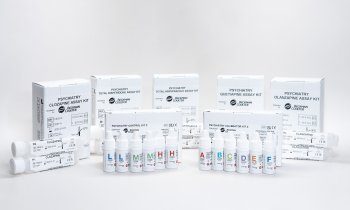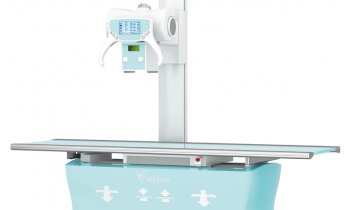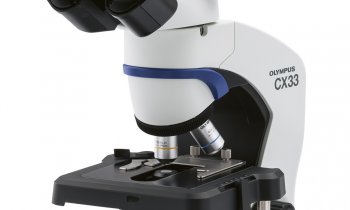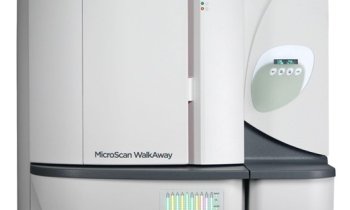US$ 1.5 billion for pneumococcal vaccines development
Canada, Italy, Norway, Russia, the United Kingdom, and the Bill & Melinda Gates Foundation today committed US$1.5 billion to launch a pilot Advance Market Commitment (AMC) to help speed the development and availability of a new vaccine which is expected to save the lives of 5.4 million children by 2030. The new initiative will target pneumococcal disease, a major cause of pneumonia and meningitis that kills 1.6 million people every year.

World Bank President Paul Wolfowitz joined Her Majesty Queen Rania Al-Abdullah of
Jordan and high-level representatives of Canada, Italy, Norway, Russia, and the
United Kingdom in announcing the pilot AMC, which will test a new model for
spurring development of vaccines, specifically those that prevent disease strains
prevalent in developing countries. The pilot will provide 7 to 10 years of funding to
support the development of future vaccines against pneumococcal disease and will
include provisions to assure the long term sustainable supply and price for the
poorest countries.
“With the launch of the first AMC, we can save lives, and we will do it with the
investment and expertise of industry,” said Wolfowitz. “The key aim is to accelerate
the production of viable and urgently needed vaccines for the poorest countries
where thousands of children die every day from diseases that can be prevented.”
The AMC concept was developed in response to a tragic dilemma, noted Italian
Finance Minister Tommaso Padoa-Schioppa, whose government has committed
US$635 million to the AMC pilot.
“The AMCs are an innovative approach which combines market-based
financing tools with public intervention. This innovative instrument opens a new
frontier in the financing of the fight against poverty and endemic diseases,” said
Padoa-Schioppa, whose ministry has led the drive to adopt the AMC pilot.
“International projects such as this one will make possible to save millions of human
lives and demonstrate that development can and must go together with the need to
ensure equality and guarantees of a better future for the poorest and the weakest.”
The AMC for pneumococcal disease will offer an improved market for vaccines now in
development. Vaccines are bought only if they meet pre-determined standards of
efficacy and safety, and if developing countries ask for them. After 7 to 10 years, the
AMC funding is likely to be depleted. The AMC will include terms that help assure a
sustained and affordable supply in the long term.
Her Majesty Queen Rania, a member of the board of the GAVI Fund, pointed out that
in the poorest regions of the world, two to three million children die of preventable
diseases every year.
Her Majesty took particular note of the donor nations that are helping to meet the
goal of reducing by two-thirds the number of deaths among the world’s most
vulnerable children.
“You are giving the gift of health, and, more than that, the gift of hope,” said the
Queen. “Thanks to you, more families will have a fighting chance to see their babies
survive, to see their boys and girls grow up, their sons and daughters live productive
lives. Thanks to you, entire communities may find the strength to push back against
poverty and entire countries may take a step up the ladder of human development.”
Julian Lob-Levyt, executive secretary of the GAVI Alliance, noted that an early
version of pneumococcal vaccine is being widely used in developed countries with
striking success in preventing disease. However, he added, manufacturers lack the
capacity to provide a vaccine well-suited to the developing world on a large scale,
and extended protection vaccines are needed to bring pneumococcal disease under
control in developing countries.
An independent expert committee, with representation from developing and
industrialised countries, recommended that pneumococcal disease be the target of
the initial AMC pilot. Going forward, the AMC will be overseen by an independent
assessment committee, which will set and monitor standards for the vaccines. The
World Health Organization will facilitate the establishment of the target product
profile and assess the quality, safety and immunogenicity of AMC vaccines. The GAVI
Alliance and the World Bank will be responsible for supporting the programmatic and
financial functions of the AMC.
“We expect that new pneumococcal vaccines will reach developing countries by
2010, at least 10 years earlier than if the AMC were not available,” Lob-Levyt said.
“Today’s decision will save lives by bolstering efforts to prevent this disease, while
paving the way for future AMCs focused on other deadly diseases.”
Donor AMC Contribution in $US:
Italy $635 Million
UK $485 Million
Canada $200 Million
Russia $80 Million
Norway $50 Million
The Bill & Melinda
Gates Foundation $50 Million
Total $1.5 Billion
09.02.2007
More on the subject:




